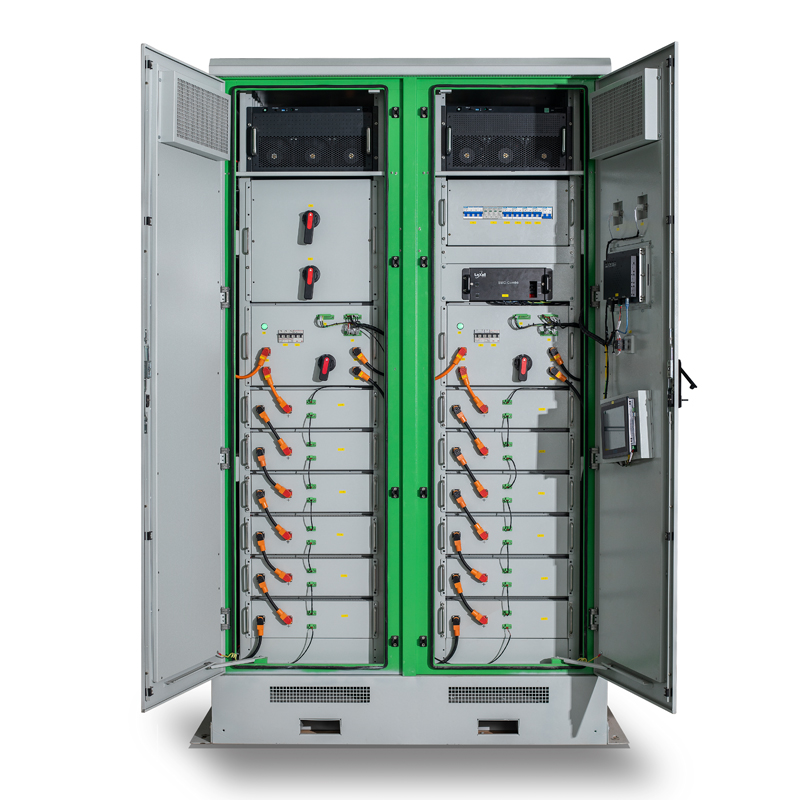
Dec . 09, 2024 23:46 Back to list
Advantages of Implementing an OEM Energy Management System for Enhanced Efficiency
The Benefits of OEM Energy Management Systems
In an era marked by a growing emphasis on sustainability and energy efficiency, the role of energy management systems (EMS) has become increasingly vital. Original Equipment Manufacturers (OEMs) are now integrating advanced energy management technologies to help organizations optimize their energy consumption, reduce costs, and enhance their overall operational efficiency. This article explores the numerous benefits associated with OEM energy management systems, highlighting how they contribute to a more sustainable and cost-effective operational framework.
1. Enhanced Energy Efficiency
One of the most significant advantages of implementing an OEM energy management system is the enhancement of energy efficiency. These systems employ sophisticated algorithms and data analytics to monitor energy usage patterns in real time. By understanding consumption behaviors, organizations can identify areas where energy is wasted and implement corrective measures. For instance, businesses can optimize their production schedules, equipment usage, and HVAC systems to ensure that energy is utilized effectively, leading to substantial savings on energy bills.
2. Cost Reduction
With energy costs representing a considerable portion of operational expenses, OEM energy management systems offer a pathway to significant cost reductions. By providing detailed insights into energy consumption, these systems empower organizations to negotiate better energy rates with suppliers and to make informed decisions on energy procurement. Additionally, by reducing energy consumption, organizations can lower their overall utility costs, which can be especially beneficial in industries with fluctuating energy prices.
As organizations strive to meet sustainability goals and reduce their carbon footprint, OEM energy management systems play a crucial role. These systems not only facilitate the tracking of energy consumption but also support the integration of renewable energy sources into the operational framework. By monitoring and managing energy flows, businesses can maximize their use of renewable energy while minimizing reliance on fossil fuels. This transition not only contributes to environmental sustainability but also enhances corporate social responsibility, which is increasingly important to consumers and investors alike.
4. Regulatory Compliance
oem energy management system benefits

In many regions, businesses are subject to various environmental regulations concerning energy consumption and emissions. OEM energy management systems assist organizations in achieving compliance with these regulations by providing accurate data on energy use and emissions levels. With built-in reporting tools, businesses can easily produce necessary documentation for regulatory audits, mitigating the risk of penalties and enhancing their reputation in the marketplace.
5. Data-Driven Decision Making
The incorporation of an OEM energy management system fosters a culture of data-driven decision-making within organizations. These systems collect and analyze vast amounts of data regarding energy usage, enabling leaders to make informed decisions based on real-time information. By leveraging this data, organizations can identify trends, assess the impact of energy-saving initiatives, and develop strategies to further enhance energy efficiency. This proactive approach not only leads to immediate cost savings but also supports long-term strategic planning.
6. Increased Equipment Lifespan
Another often-overlooked benefit of energy management systems is their ability to extend the lifespan of equipment. By monitoring energy usage and identifying inefficiencies, organizations can ensure that their machinery operates within optimal parameters. Consistent and appropriate maintenance can be scheduled based on usage patterns rather than arbitrary timelines, further prolonging the life of critical assets. This not only saves money on replacements but also reduces waste and contributes to a more sustainable operation overall.
7. Employee Engagement
Implementing an OEM energy management system can also enhance employee engagement by promoting a culture of energy awareness. As employees are educated on energy-efficient practices and the importance of sustainability, they become more invested in the organization’s goals. Programs that encourage energy-saving behaviors—such as turning off equipment when not in use or utilizing energy-efficient practices—can foster teamwork and improve morale.
Conclusion
OEM energy management systems represent a forward-thinking approach to navigating the complexities of modern energy consumption. The benefits of enhanced energy efficiency, cost reduction, improved sustainability, regulatory compliance, data-driven decision-making, extended equipment lifespan, and increased employee engagement are just a few reasons why organizations are increasingly adopting these systems. As the global focus on sustainability and efficiency sharpens, the integration of OEM energy management solutions is not merely a trend—it is an imperative for businesses seeking to thrive in a competitive landscape while contributing positively to the environment. Investing in an OEM energy management system is a strategic decision that pays dividends in both economic and ecological terms.
-
Intelligent Energy Management with GPT-4 Turbo AI Optimization
NewsAug.03,2025
-
Advanced AI Energy Management with GPT-4 Turbo
NewsAug.02,2025
-
AI-Powered EMS with GPT-4-Turbo | Efficiency Boost
NewsAug.01,2025
-
Optimized Storage System for GPT-4-Turbo | High Performance
NewsJul.31,2025
-
AI Energy Management System w/ GPT-4 Turbo Efficiency
NewsJul.31,2025
-
High-Performance Energy Storage System for Reliable Power Solutions
NewsJul.30,2025























